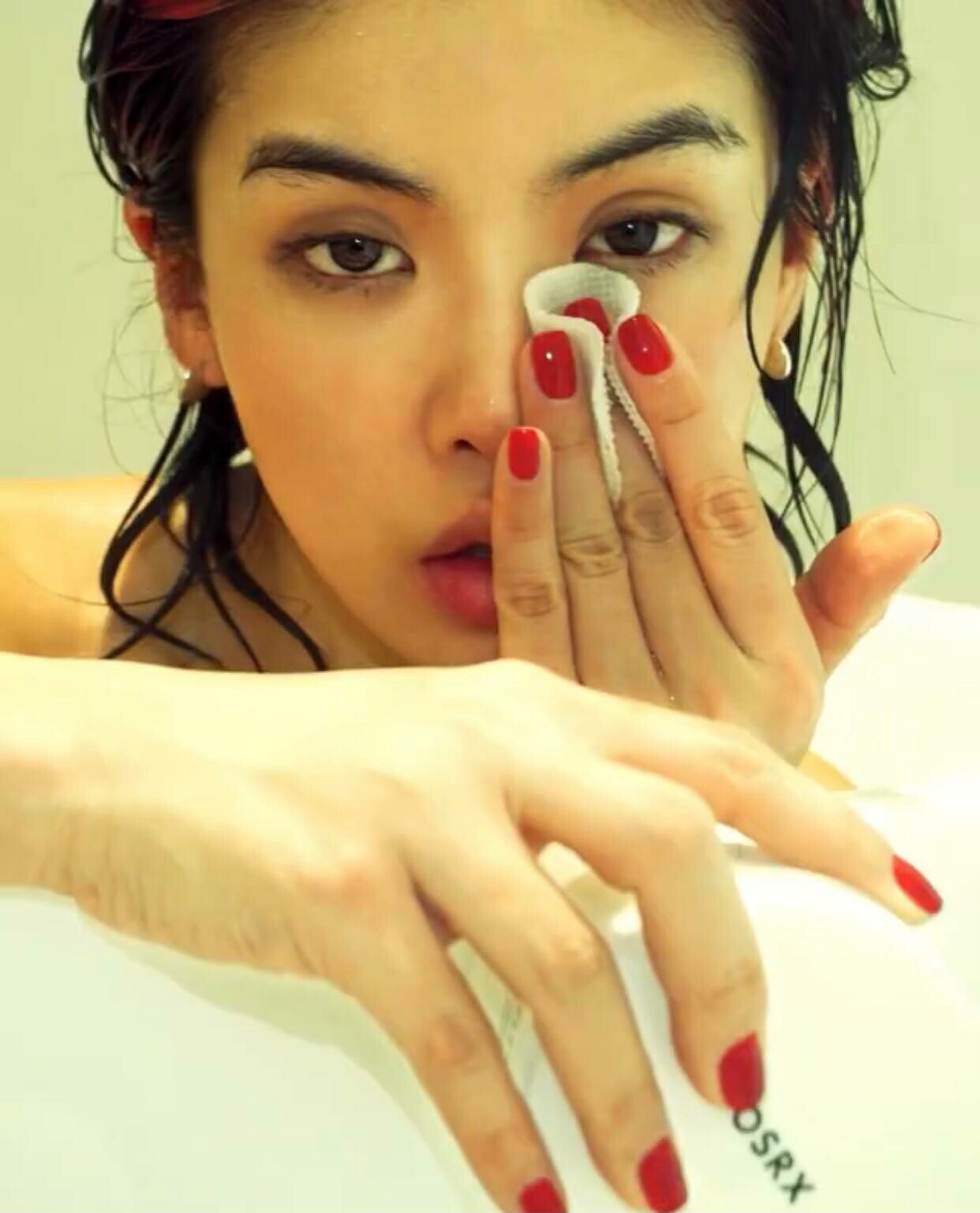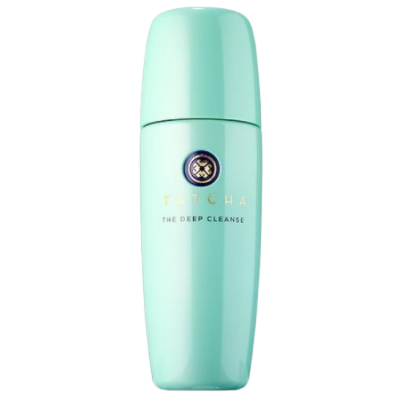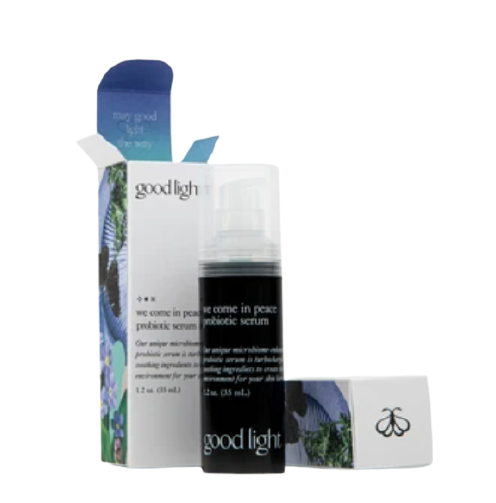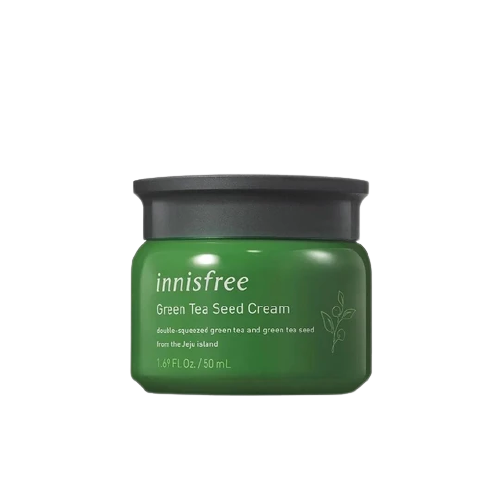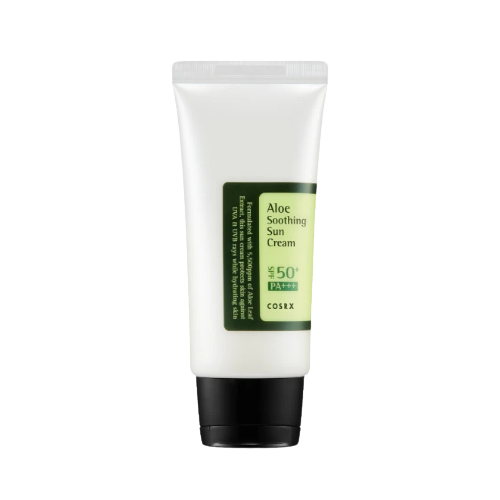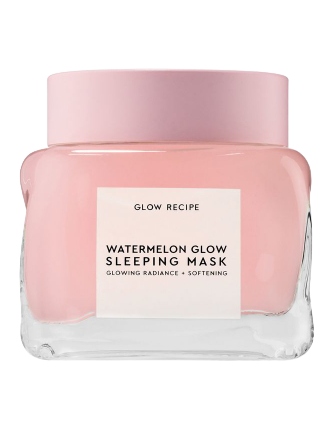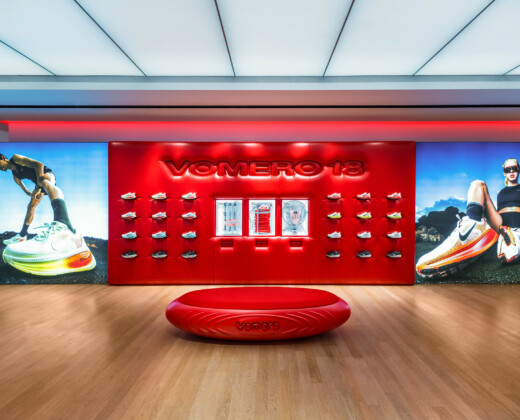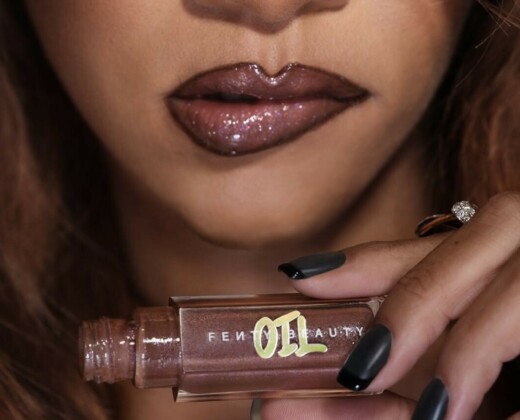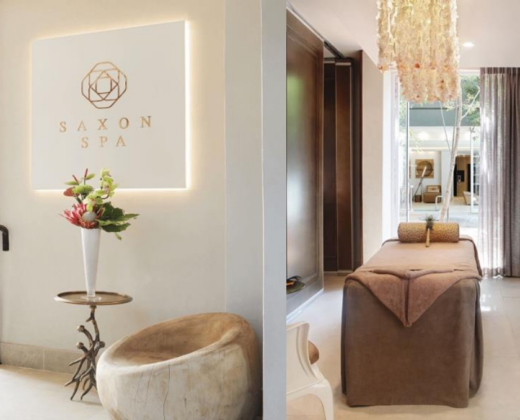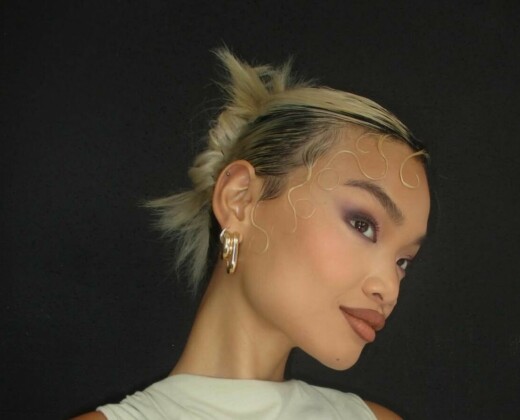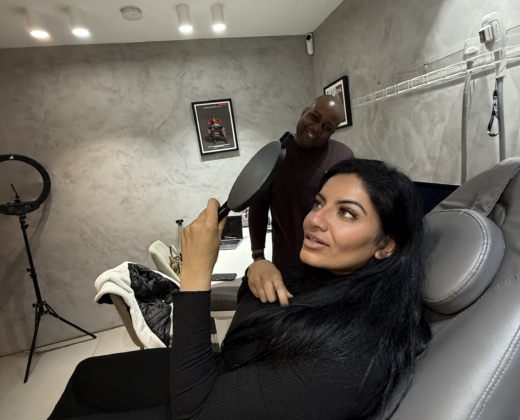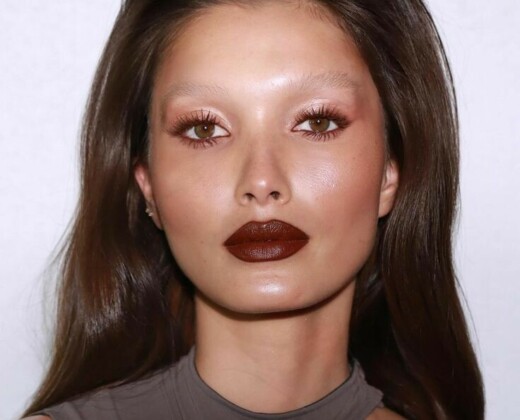Photo Credit: @aiki_kr
We need to talk about racism once again.
Over the past few weeks the Asian American community has been at the centre of everyone’s attention, but not as a result of positive events. Videos and images documenting racist acts, hate crimes and terrorist attacks against the Asian community have gone viral on social media platforms, exposing once again the reality minorities face in the United States. A reality aggravated by the xenophobic rhetoric of its former president.
But we cannot disregard this issue as if it did not concern us, we cannot act as if this is a brutal reality solely present in the U.S. Unfortunately, anti-Asian sentiments and hate crimes are, and always have been, present in the U.K too.
According to the advocacy group End the Virus of Racism, there has been an increase of 300 per cent in hate crimes towards people of East and Southeast Asian heritage since the start of the pandemic. A shocking rate that brought to light the discrepancy between the media’s coverage of racism and the proof of its presence in this country, and throughout the world.
Unless you live under a rock you have come across the numerous posts raising awareness on this matter, following the Atlanta shooting that left eight people dead, six of them being women of Asian descent. The increased attention given to these events on social media came along with the realisation of how uncommon it is to hear about Asian hate crimes. How they tend to be disregarded by the public and traditional media outlets despite their soaring rates.
Perhaps, the most evident discrepancy is the one between our appreciation and often appropriation of their culture and the acknowledgement of the racism they face daily. Let’s talk about the popularity of the Asian beauty industry, marking Asia as one of the leading markets in the beauty realm, holding 41 per cent of the global market as presented by Statistica.
So how’s it possible that we love and consume Asian culture but don’t appropriately acknowledge their experience of racism? That we buy beauty products from brands like Tatcha and COSRX, radically change our skincare regimes based on their traditions (adopting Gua Sha therapy and double-cleansing methods), yet we alienate their input in society?
With the majority of traditional media outlets, and individuals, invalidating their struggle based on an unrealistic “model minority” concept. Elle, in a recent article by social media and beauty editor Ariana Yaptangco, discusses this Western capitalisation of Asian culture and talks to 24 influential personalities in the beauty industry about their perspective on the matter and how the beauty industry can support the Asian community.
Makeup artists, founders and beauty insiders are some of the interviewed professionals featured in the article. They discuss Asian stereotypes in everyday life, the recurrent microaggressions in the industry and how these should be tackled by the general public and media.
Check it out, inform yourself and become a part of the change.
We’ve selected some products from inclusive Asian-owned brands, so you can contribute to changing the way the beauty industry treats Asian culture.
Good Light Beauty is a Korean American-owned, genderless beauty brand aimed at providing ‘gentle personal care products that are for all people regardless of your gender identity or sexuality’.
Eco-friendly and inspired by nature, Innisfree was South Korea’s first natural beauty brand.
Popular not only in Korea but worldwide, COSRX is known for it’s scientific approach and formulas and has won international awards.
Tatcha is an Asian American-owned brand well educated in Japan’s beauty secrets and ancient ingredients. The brand works with scientists in America and Japan to make effective beauty that honours Japanese heritage.
Glow Recipe is a K-beauty-inspired brand that is Asian-American owned. Always trending for it’s visually aesthetically pleasing products and campaigns, the brand is inclusive and empowering. The brand have also joined the campaign to stop Asian hate is a very big way, donating over $20K to the cause and encourage buyers to stand with them.
Words By Chiara Ferrari


